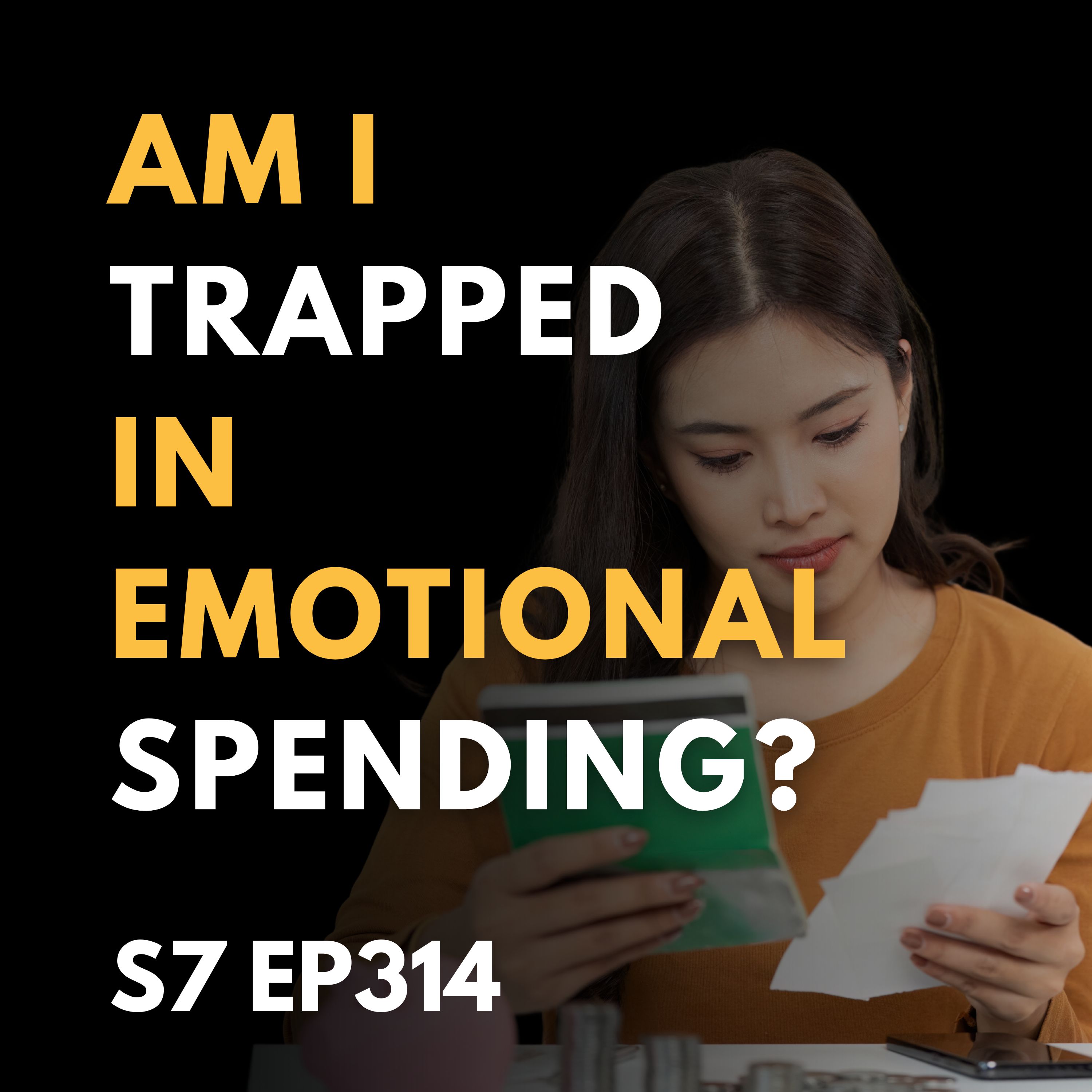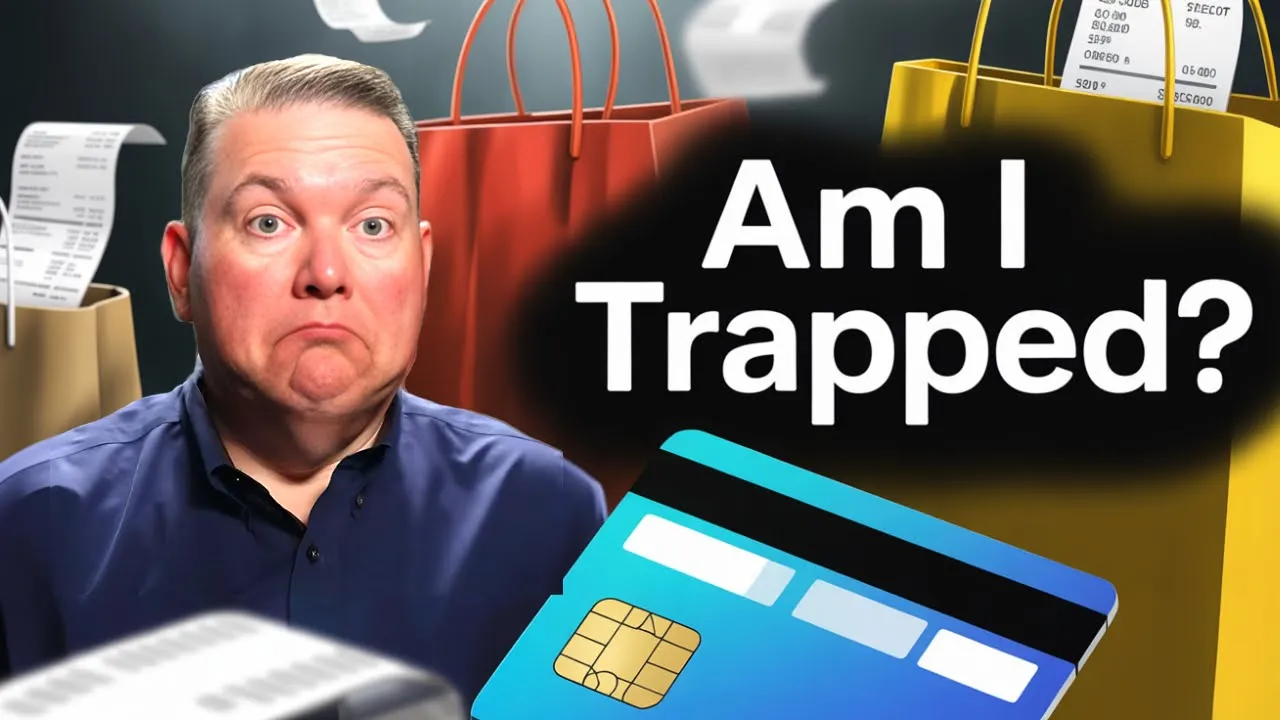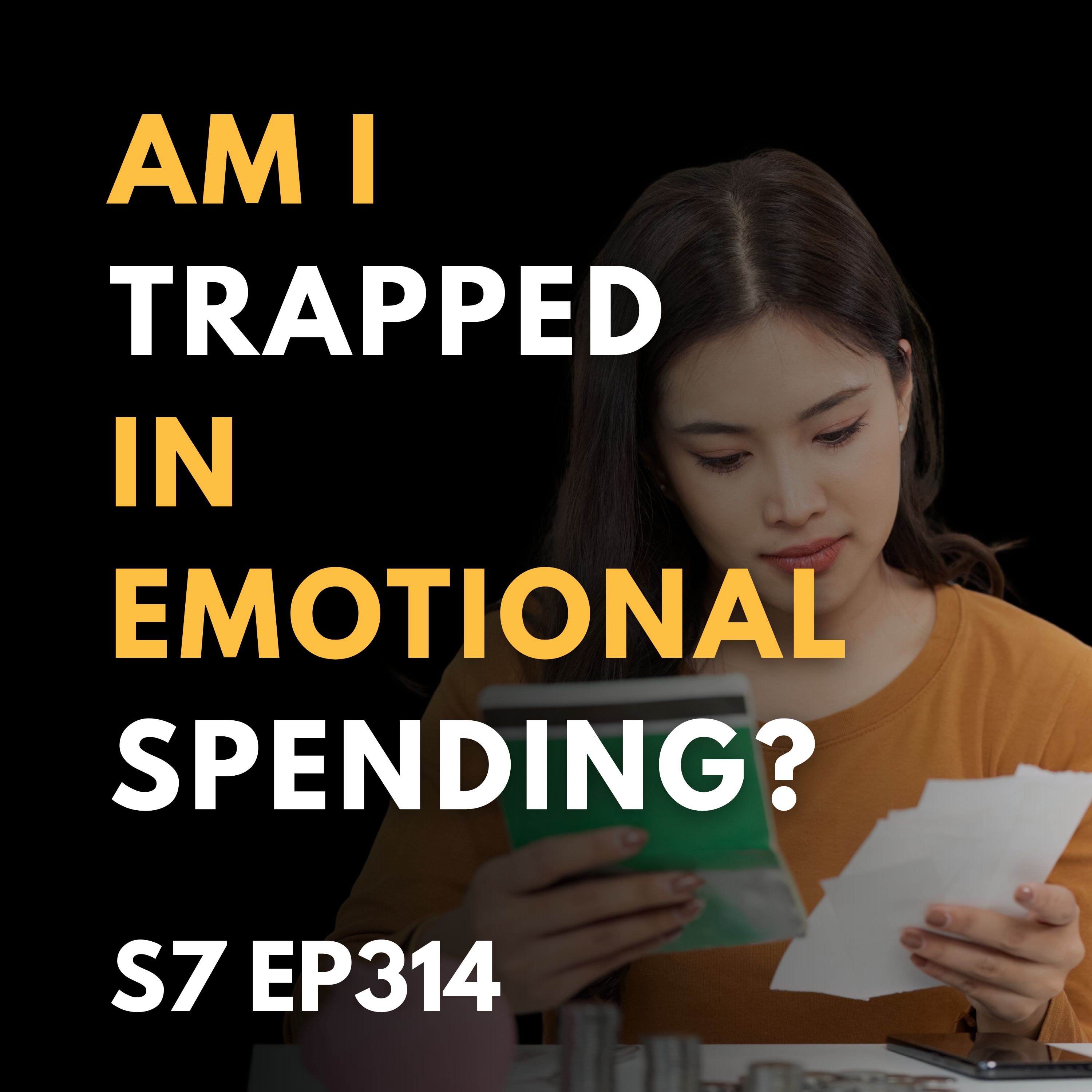Breaking the Cycle of Emotional Spending: A Path to Financial Freedom

Emotional spending is an issue many of us face, often without realizing its full impact on our financial well-being. With 63% of Americans admitting to making emotional purchases, it's important to understand the drivers behind these habits and how they can lead to financial strain. Today, we'll explore why emotional spending happens and, more importantly, how we can break this cycle to achieve peace and freedom in our financial lives. Breaking the Cycle of Emotional Spending: A Path to Financial Freedom
Emotional Triggers and Overspending
Studies reveal that three-quarters of emotional spenders experience overspending, and nearly 40% face debt or financial stress as a result. Common triggers include stress, which affects 50% of individuals, excitement at 44%, and surprisingly, happiness at 38%. These triggers highlight that emotional spending isn't just about seeking solace in sadness—it often stems from chasing positive emotions as well.
Take, for example, my story as a tax professional. During one grueling tax season, I bought a new SUV as a reward. While it filled an emotional void temporarily, the reality was that it further added to my stress and guilt. This wasn't a rational decision; it was impulse-driven, and it illustrates Dr. Daniel Kahneman's idea that spending often follows emotion, not reason.
Breaking the Emotional Spending Cycle
To break the cycle of emotional spending, we must start by recognizing our triggers. Are feelings of loneliness or comparison driving us to buy things we don't need? Social media can exacerbate these impulses, making us nostalgic for a past that's idealized rather than real.
1. Recognize Your Triggers
Identifying and acknowledging these triggers is crucial. Whether it's loneliness or comparison, understanding these emotions can help us resist unnecessary purchases.
2. Name the Feeling
Talking to oneself might seem odd, but vocalizing emotions like anxiety or fatigue diminishes their power over us. Recognition is a major step towards controlling our impulses.
3. Substitute Gratitude
Before making a purchase, pause and consider three blessings in your life. Gratitude can be a powerful counter to impulsive buying, fostering contentment and reducing desire for material satisfaction.
4. The Big Pause
Implement a waiting period—perhaps 24 or 48 hours—before making any purchase. This pause can act as a buffer, offering time to reconsider whether the item is genuinely needed.
5. Seek Divine Guidance
For those inclined, prayer can bring clarity. Asking for wisdom frames our decisions in a broader context, urging us to consider our true needs versus wants.
Scriptural Insight
Two Bible verses can inspire patience and contentment: Proverbs 16:32 emphasizes self-control over impulsivity, and Philippians 4:11 highlights the virtue of contentment. Reflecting on these teachings helps reinforce the importance of patience and finding joy in what we already have.
Conclusion and Action Item
As we strive to break free from emotional spending, let's commit to an action item: Before your next purchase, write down one emotion you’re feeling—whether it’s loneliness, boredom, or comparison—then pray about it. This simple act helps reshape our spending habits and aligns them with our values.
By sharing our insights and this journey with others, we grow as a community, creating a ripple effect of financial wisdom. Remember, financial freedom is about peace and making informed choices, not living with guilt.
Together, let's embrace the path of a financially confident Christian, balanced in spending and grounded in wisdom. Thank you for joining this exploration, and stay financially savvy out there. God bless!













